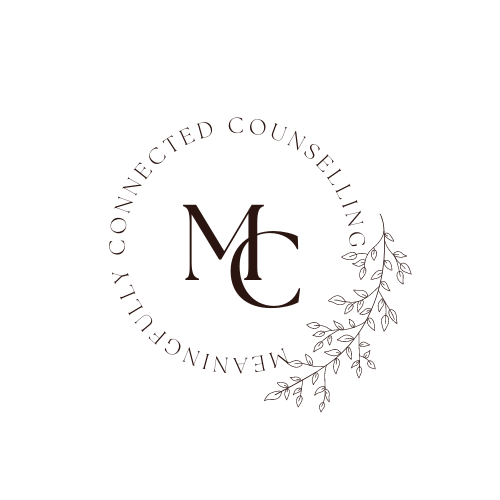Exploring the Depths of Connection: A Journey into Emotionally Focused Therapy

In the intricate tapestry of human relationships, emotions play a profound role, influencing the way we connect, communicate, and bond with others. Emotionally Focused Therapy (EFT) is a therapeutic approach that delves deep into the emotional landscapes of individuals and couples, aiming to foster secure and lasting connections. In this blog, we will embark on a journey to unravel the principles and practices of Emotionally Focused Therapy, exploring how it can bring healing and transformation to relationships.
Understanding Emotionally Focused Therapy
Emotionally Focused Therapy, developed by Dr. Sue Johnson and Dr. Les Greenberg in the 1980s, is grounded in the belief that emotions are at the core of human experience and that the quality of our emotional bonds significantly influences our well-being. EFT is particularly renowned for its effectiveness in couples therapy but has also been applied to family therapy and individual therapy.
The Three Stages of Emotionally Focused Therapy
De-escalation of Negative Cycles:
EFT begins with the exploration of negative interaction cycles that hinder emotional connection. Couples often find themselves caught in patterns of blame, criticism, and withdrawal. The therapist helps identify and interrupt these cycles, creating a safe space for open communication.Restructuring Emotional Responses:
Once the negative cycles are recognized, EFT focuses on restructuring emotional responses. This involves helping individuals and couples express their deeper emotions and needs in a way that promotes understanding and empathy. Through guided conversations, clients learn to share vulnerable feelings and needs, fostering a deeper emotional connection.Consolidation and Integration:
The final stage of EFT involves consolidating the changes made and integrating new, healthier patterns of interaction. Couples work together to solidify their emotional bonds and develop strategies for maintaining a secure connection. This often includes creating rituals of connection and communication that support ongoing emotional intimacy.
The Role of Attachment in Emotionally Focused Therapy
Central to EFT is the concept of attachment theory, which posits that humans have an innate need for emotional bonds and that the quality of these bonds profoundly influences mental and emotional well-being. EFT helps individuals and couples explore their attachment needs, providing a framework for understanding and reshaping their relationships.
Key Techniques and Interventions
Reflective Listening:
Therapists practicing EFT use reflective listening to validate and understand the emotional experiences of their clients. This involves paraphrasing and summarizing what clients share, creating an empathetic and supportive therapeutic environment.Emotion Tracking:
EFT therapists help clients identify and track their emotions, recognizing the underlying feelings that fuel negative interaction patterns. This awareness is crucial for breaking free from destructive cycles and fostering healthier emotional connections.Redefining Narratives:
EFT encourages clients to reframe their relationship narratives. By exploring and reframing the way individuals perceive their interactions, EFT facilitates a shift from blame and criticism to understanding and compassion.
Conclusion
Emotionally Focused Therapy offers a profound and compassionate approach to relationship healing. By diving into the depths of emotional experiences, EFT provides individuals and couples with the tools to transform negative cycles into sources of connection and intimacy. Whether applied in couples therapy or individual counseling, EFT shines a light on the importance of emotional bonds in human relationships, guiding clients toward deeper understanding, acceptance, and lasting connection.


